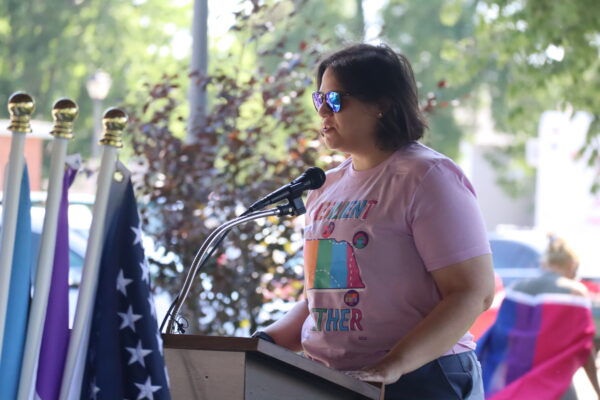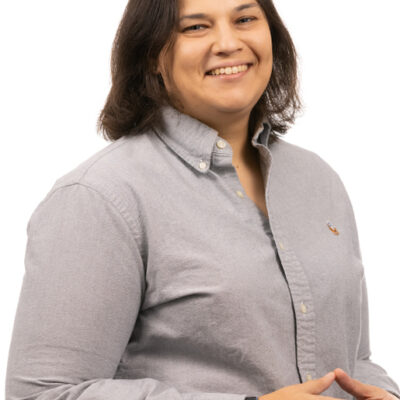Every June, LGBTQ communities around the world celebrate Pride Month.
Pride 1) commemorates the 1969 Stonewall riots in NYC; 2) celebrates LGBTQ lives; 3) promotes dignity, equality and visibility of LGBTQ individuals; and 4) reminds us to reflect on how far we’ve come and where we still need to go.
For this blog, I’m going to focus on the fourth prong.
Where have we come from?
One year after the Stonewall Riots in NYC, LGBTQ activists organized events in Chicago, Los Angeles and San Francisco. Two years after the Stonewall Riots, LGBTQ activists organized Pride events in Boston, Dallas, Milwaukee, London, Paris, Stockholm and West Berlin. Three years after, Atlanta, Buffalo, Detroit, Washington D.C., Miami and Philadelphia hosted Pride marches.
Over time, the marches transformed from protests to celebrations. As rights for LGBTQ Americans have advanced, Pride has been an opportunity to celebrate those wins. As queer people of all ages have found their sense of self and voice, Pride has been an opportunity to celebrate those gains.
In the last few decades, Pride has continued to go through another transformation – commercialization. The growing acceptance of LGBTQ people has led to corporations wanting to sponsor floats, events and entire parades as a way of showing support. This has led to debates within the LGBTQ community regarding how Pride events should operate.
Despite the numerous changes to Pride, one thing has been consistent throughout every iteration: community helping community. At Pride parades across the world – from NYC to Lincoln to Paris – from the beginning to the present, dedicated individuals work tirelessly to ensure that community members have access to condoms, STD/HIV/AIDS testing, sex education and awareness, medical services, housing, employment and other community support services. Why? Because community helps community. Our sense of community has always been a driving force for protecting and fighting for the rights of our siblings.
Where do we still need to go?
Despite all the amazing accomplishments, there is still so much work to be done. We must fight to ensure that transgender/nonbinary/gender-nonconforming individuals receive fair and equal treatment when it comes to access to employment, housing and public accommodations. We must fight to ensure that people can easily amend their vital records and government documents to reflect their true selves. We must fight to ensure that our nondiscrimination laws protect us in accordance with the Supreme Court’s ruling in Bostock. We must fight to ensure that same-sex parents have the same rights to their children as different-sex parents.
This work can often be slow moving. It can often be tedious. It can often be heart wrenching. But make no mistake – this work must be done. The ACLU of Nebraska remains committed to challenging inequality in our courts, state agencies and legislature.
Over the last year, we filed a lawsuit to challenge the Department of Health and Human Services’ rejection of an acknowledgment of parentage signed by two women. We started a Trans Rights Advisory Team to better understand the legal challenges and experiences transgender members of the community face. We helped students receive access to the appropriate restrooms while at school. We worked with community partners to help educate and advocate before the Legislature, city councils and state agencies. We worked to educate law students and lawyers about how to treat LGBTQ clients.
These are just some of the highlights of the work we have done.
As we reflect on what we have done, we feel hopeful about the future. There are some challenging days ahead of us. The right to access abortion hangs precipitously from a thread at the highest court in the land. What that means for LGBTQ rights is uncertain. But the fear is certainly substantiated. The vitriolic attacks against our transgender siblings are not likely to abate soon. We cannot shirk from protecting them, especially the youth. Their lives are on the line.
Despite these dark horizons, one thing gives me a great sense of comfort: our community loves, supports and helps each other. Together, we must join hands and work together step-by-step to make change, just as we always have.


